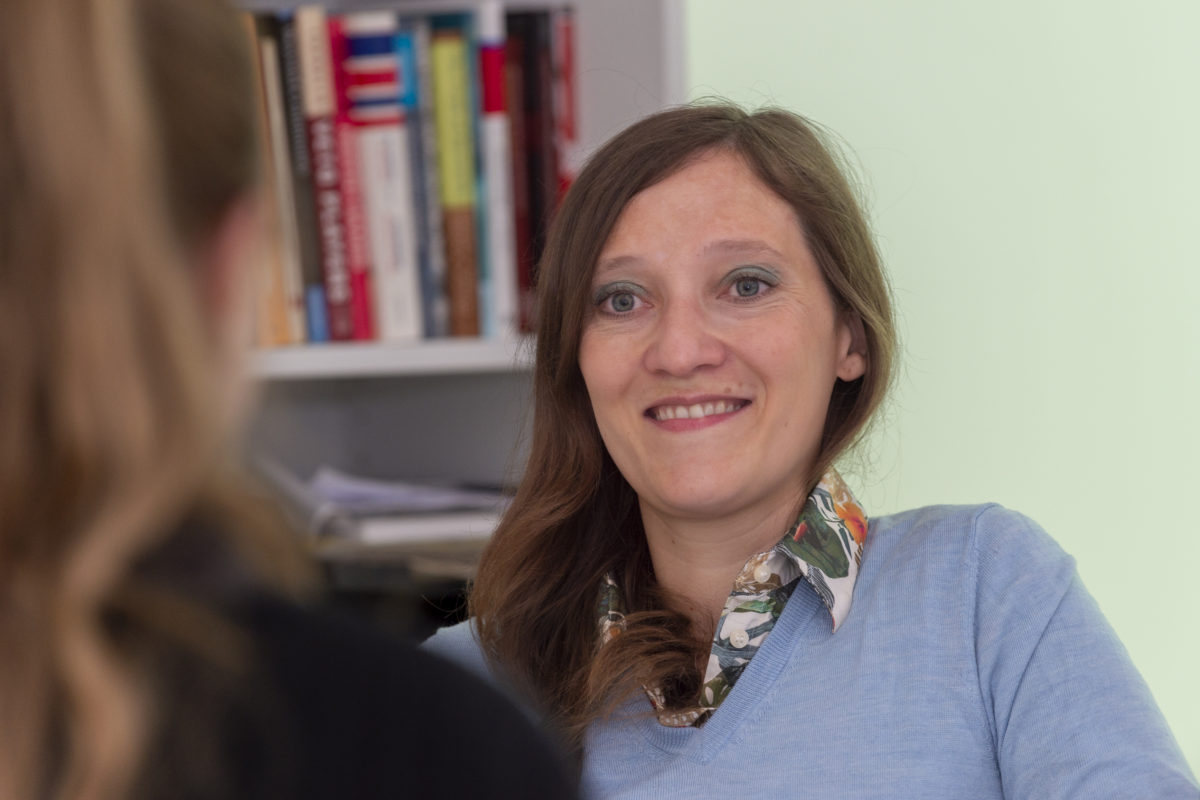Who or what determines the structures of a government? Parties with their politicians who are elected for a few years? Or do completely different actors and mechanisms play an important role that has been underestimated thus far? And is it true that “structure shapes policy”? Political scientist Prof. Dr. Julia Fleischer wants to unravel the mystery of the “state’s DNA,” and to do this she will investigate in the coming years how government structures change and how this affects politics, both today and in the past. Fleischer, Professor of Politics and Governance in Germany at the University of Potsdam, will receive one of the prestigious ERC Consolidator Grants from the European Research Council. The award is endowed with around two million euros and will enable her to set up her own research group over the next five years.
In her project STATE-DNA (Evolutionary Government: Origins and Consequences of Structural Change in Government), Fleischer examines the transformation of organizational units in ministries and subordinate agencies as the “building blocks” of the modern state. The aim is to develop and test new theoretical arguments inspired, among other things, by evolutionary biology and to focus more strongly on the interplay between structural features of these organizational units and their organizational and institutional environment.
Contact: Prof. Dr. Julia Fleischer
Email: fleischer@uni-potsdam.de
.
More information: https://www.uni-potsdam.de/en/pressreleases/detail/2023-01-31-searching-for-the-dna-of-the-state-political-scientist-prof-dr-fleischer-receives-erc
.
Photo: Tobias Hopfgarten.










